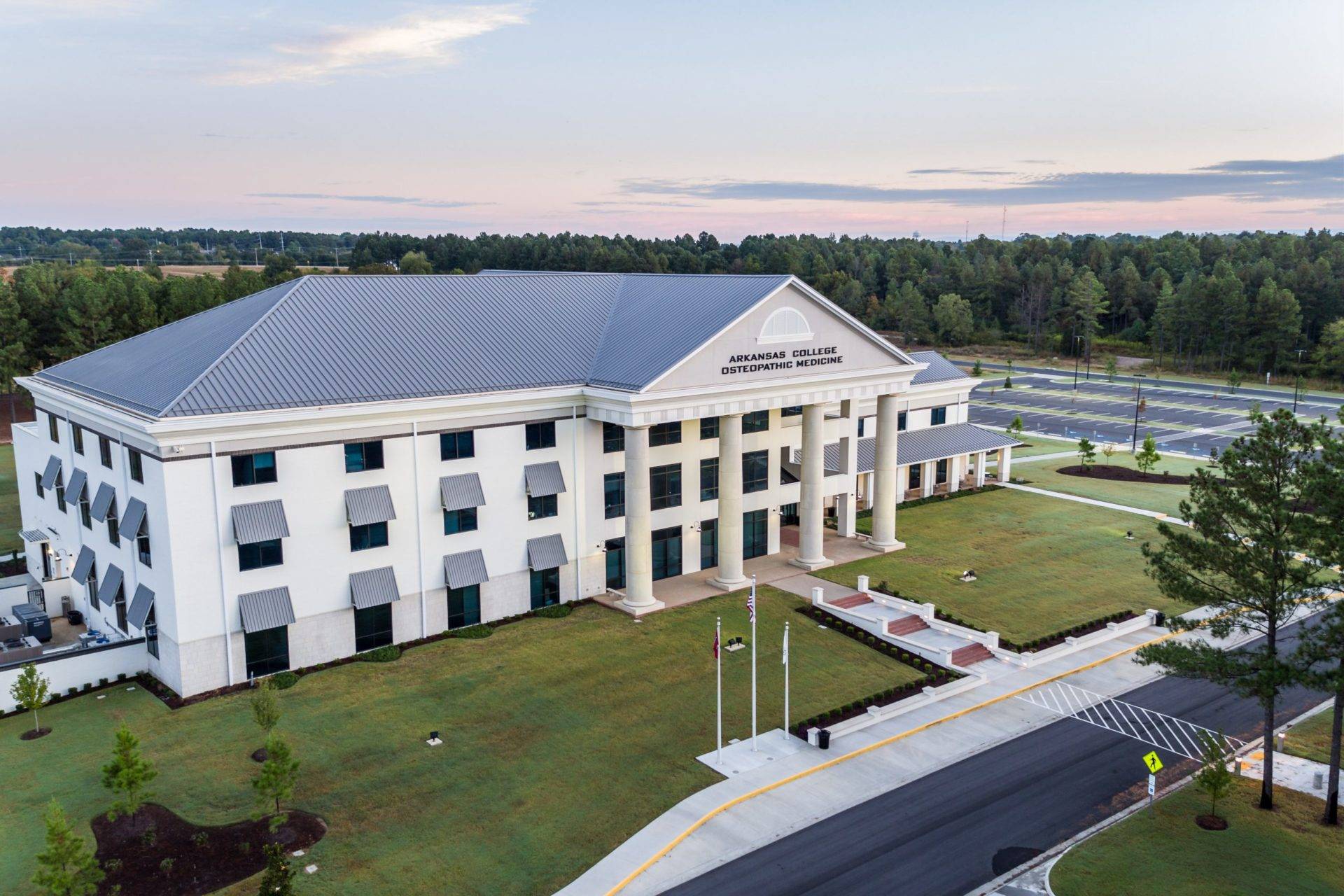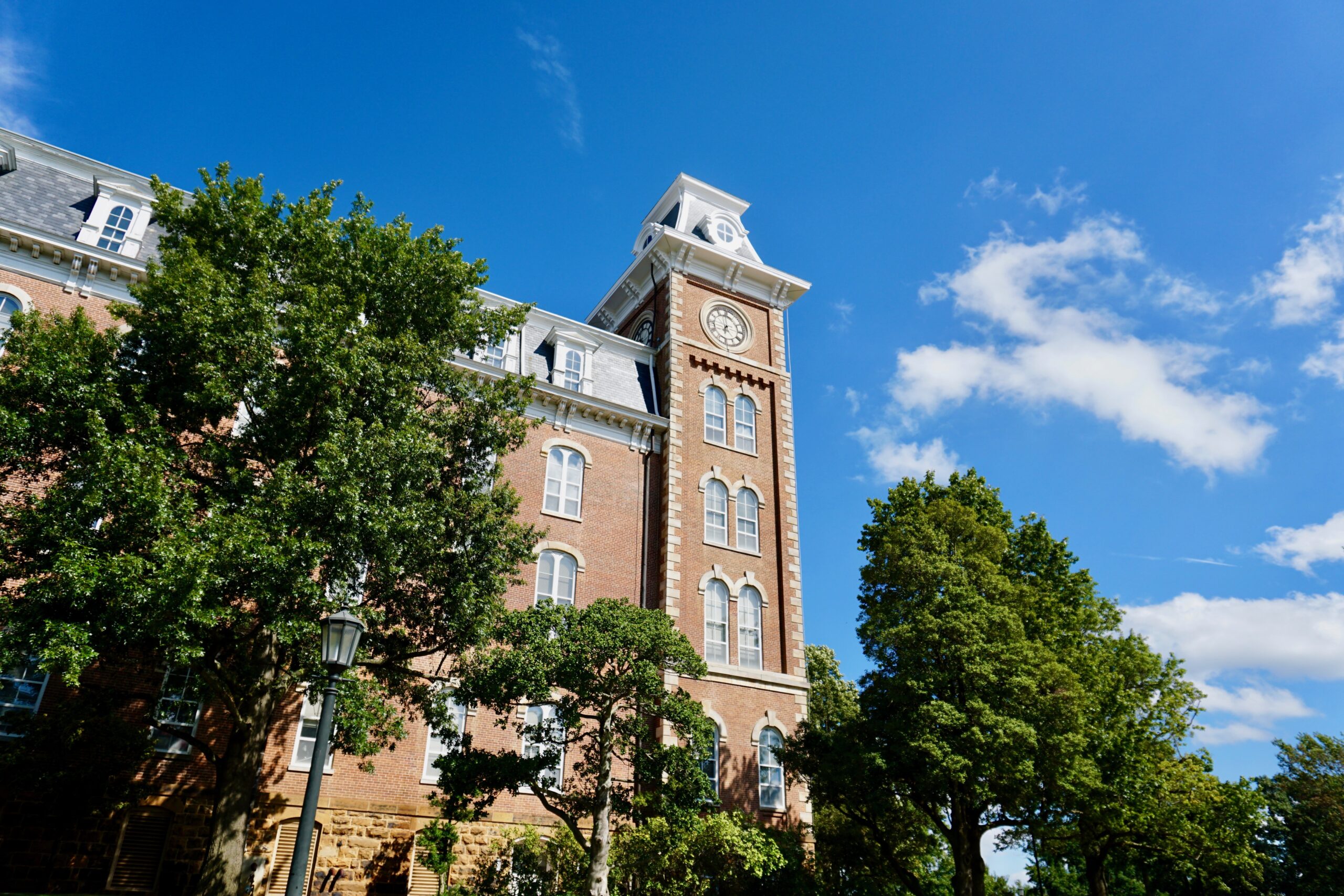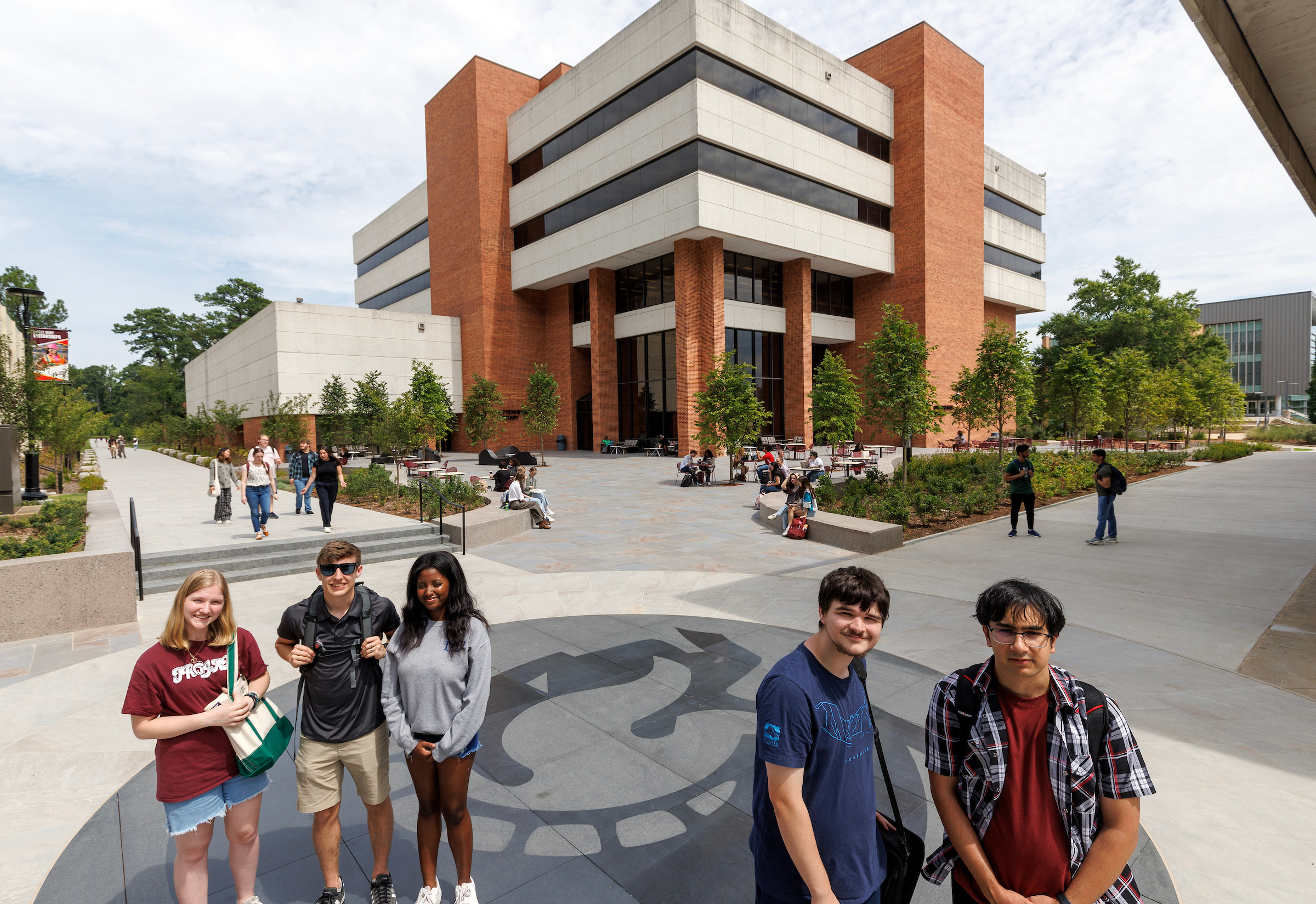ARA Partners

Arkansas Colleges of Health Education
Arkansas Colleges of Health Education (ACHE) is a private, not-for-profit institution located on 500+ acres in Fort Smith, Arkansas. The ACHE campus has evolved with the development of five crucial programs: the Arkansas College of Osteopathic Medicine (ARCOM), School of Physical Therapy (ACHE PT), School of Occupational Therapy (ACHE OT), Master of Science in Biomedicine (MSB), and Master of Public Health (MPH). Adding to the institution’s impressive offerings is the ACHE Research Institute Health & Wellness Center (RIHWC), a 317,000-square-foot facility that offers health & wellness initiatives through exercise classes, ceramics, teaching kitchen, and art galleries. It also features a 90,000-square-foot biomedical research lab.

Arkansas Economic Development Commission

Arkansas State University
A-State Biosciences Institute is the intersection of agriculture, medicine, and health includes plant biotechnology, bioinformatics, production of pharmaceutical, therapeutic and industrial compounds, neuroscience, and food safety. Keeping with A-State’s tradition of service to the region, faculty who work at ABI have a strong commitment to student involvement in research, particularly at the undergraduate level, to fulfill our educational mission. Strong programs include the biology of animals and plants in nature and understanding and remediation of pollutants in the environment. Other areas of research activity include sustainable agricultural, precision farming and conservation of natural water resources.

National Center for Toxicological Research
Nestled in an idyllic campus setting southeast of Little Rock, lies the Jefferson Laboratories of the U.S. Food and Drug Administration (FDA). Located on the Jefferson Labs campus is the internationally recognized National Center for Toxicological Research (NCTR), where approximately 600 staff (180+ Ph.D.s), conduct scientific research to develop and support innovative tools and evaluate approaches that the FDA uses to protect and promote public health. As the only FDA Center located outside the Washington, D.C. area, NCTR gives Arkansas the distinct advantage of producing sound toxicological advancements in regulatory science and generating data and new technologies for FDA decision making and regulated products. Collaborative partnerships within FDA, other government agencies, industry, and last, but not least, academia are critical to the NCTR. ARA helps NCTR with its collaborative efforts by providing outreach capabilities with Arkansas university partners and other institutions. As new concepts for research opportunities arise, ARA works to combine resources that strengthen and stimulate state-wide innovation. ARA and NCTR share a common goal toward modernizing regulatory science with the intent of bringing safer products to market and reducing post-marketing failure. We do this a number of ways for the benefit of Arkansans and the nation. Our multi-disciplinary partners develop and refine bioinformatics tools, increase the understanding of toxicity of nanotechnology-based products, and promote education at the graduate level and beyond, and increase the knowledge base available for excellence and greater productivity in these areas.

U of A System Division of Agriculture
The University of Arkansas System Division of Agriculture’s mission is to strengthen agriculture, communities, and families by connecting trusted research to the adoption of best practices. Through the Agricultural Experiment Station and the Cooperative Extension Service, the Division of Agriculture conducts research and extension work within the nation’s historic land grant education system.

University of Arkansas at Fayetteville
The University of Arkansas works to lead change and change lives by fostering a culture of discovery and innovation that builds partnerships to find ways to better our world. A top-tier research institution with 50 research centers, the U of A is ranked by the Carnegie Foundation among the top two percent of public universities for its high research activity. The university also drives innovation through robust entrepreneurship and sponsored research programs that encourage industry leaders to collaborate across all disciplines to find innovative solutions to real-world problems. If you’re interested accessing one of their Core Facilities, you may qualify for a voucher to cover facility costs. Visit <a href="https://inbre.uams.edu/funding-opportunities/research-vouchers/">Research Vouchers – Arkansas INBRE</a> to check your project’s eligibility.

University of Arkansas at Little Rock
Every year, University of Arkansas at Little Rock faculty and staff conduct diverse projects, launch major research efforts, and earn millions of dollars in sponsored funding. From bone regeneration to radio stations to robotic devices, UA Little Rock’s projects and programs generate health solutions, community growth, and academic advancement, with the support of the National Endowment for the Humanities, the Department of Defense, NASA, the Corporation for Public Broadcasting, the National Institutes of Health, and more.

University of Arkansas at Pine Bluff
Research areas at the University of Arkansas at Pine Bluff (UAPB) include nanoscience, bio-technology, plant biotechnology and genomics, cybersecurity, Early Head Start, protein structure prediction, cardiovascular reactivity in relation to stress and health disparities, and finite element approximations. Funding for this research has been granted by agencies including the Air Force Office of Scientific Research, NASA, USDA- NIFA, National Science Foundation, Administration for Children & Families (Office of Head Start), Arkansas INBRE, and the American Psychological Foundation (Office of Ethnic Minority Affairs).

University of Arkansas for Medical Sciences
The University of Arkansas for Medical Sciences pioneers research that leads to new knowledge for the health care disciplines, systems of care, public policy, and economic progress for all people. Through the UAMS Translational Research Institute and UAMS BioVentures, UAMS works to ensure that research brings tangible health benefits to the public in products and services as well as new businesses based on that research that create jobs in Arkansas. UAMS also supports basic research that advances fundamental knowledge in the medical sciences. It is the central place in which most medical research in the state is conducted. If you’re interested in accessing one of their Core Facilities, you may qualify for a voucher to cover facility costs. Visit <a href="https://inbre.uams.edu/funding-opportunities/research-vouchers/">Research Vouchers – Arkansas INBRE</a> to check your project’s eligibility.


